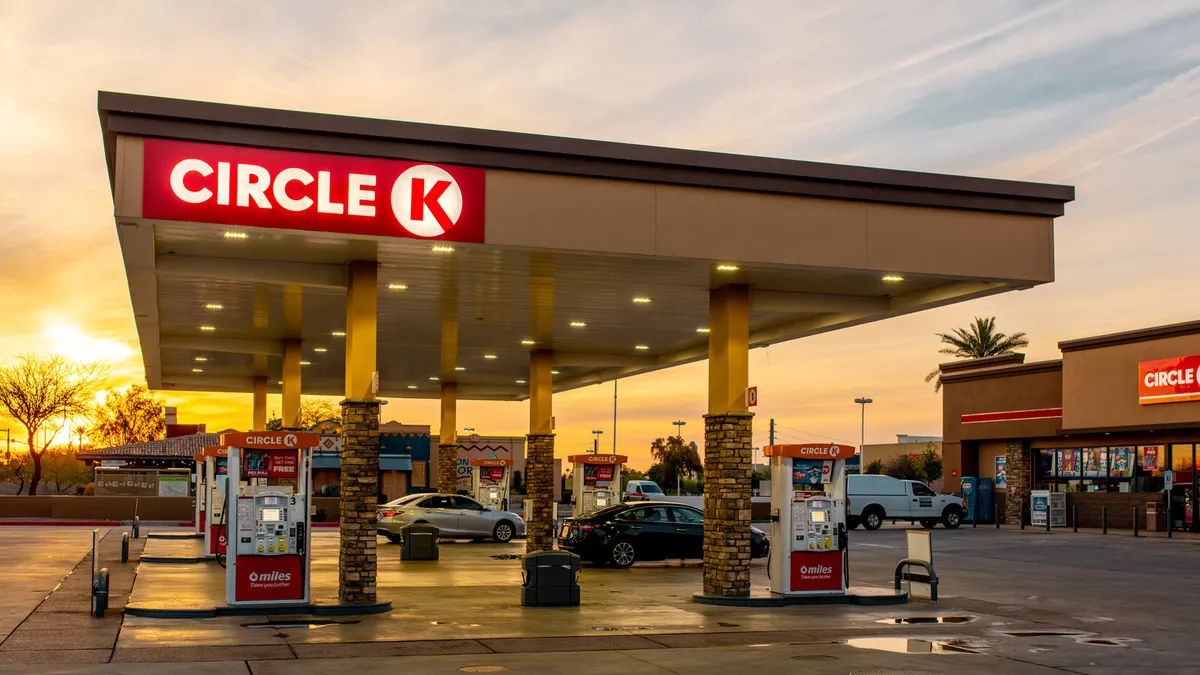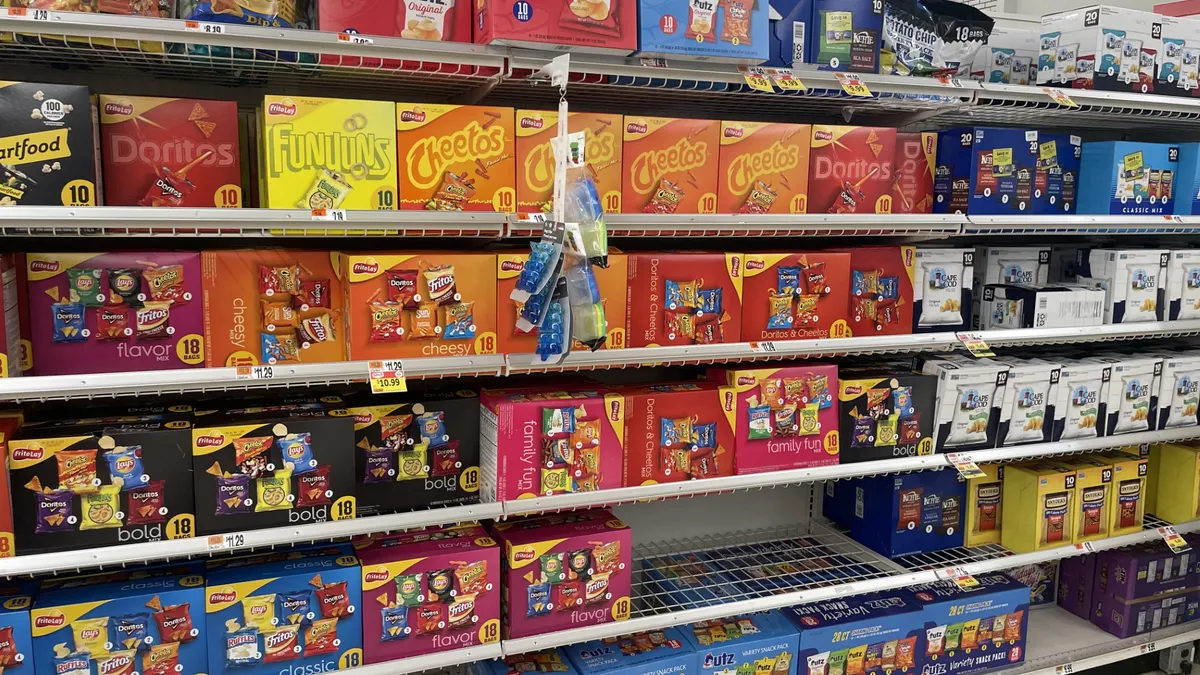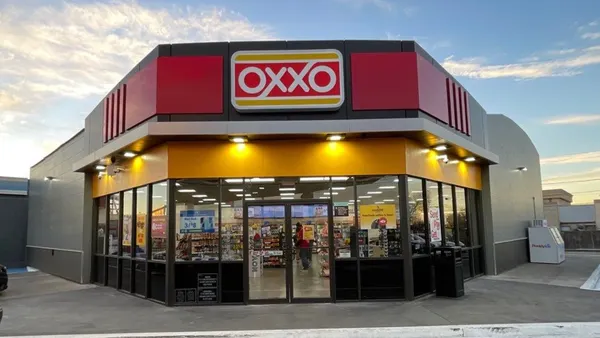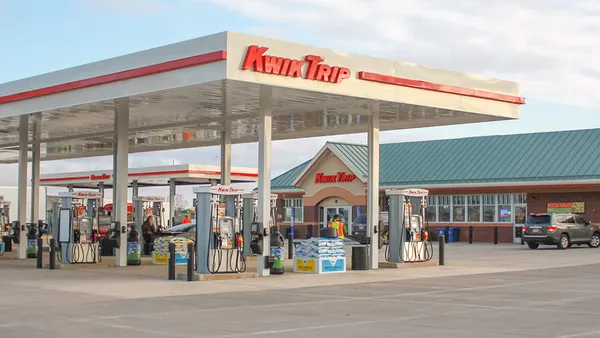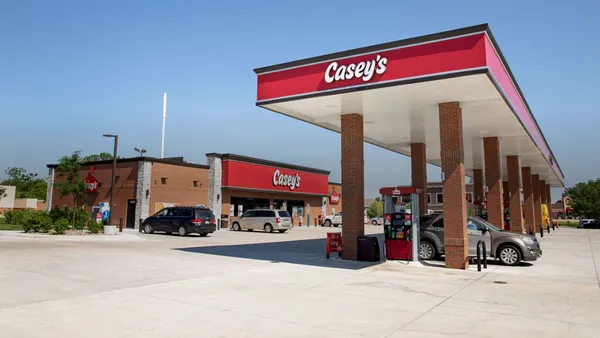Obtaining all the licenses, permits, and certifications required to operate a single convenience store location – from tank licenses to tobacco licenses, sales tax permits, insurance certificates, training certificates, seed licenses, fountain licenses, dairy licenses, etc. – can be difficult. But the work doesn’t stop once all the documents are in hand.
Each aspect of C-store licensing comes with specific regulations, renewal processes, display requirements, and levels of enforcement, and all of those may change over time. Multiply all that across the local and state agencies that might apply to a single location for various license types—plus the many locations a brand operates in—and operators may find ensuring continuous compliance becomes a real headache. In fact, some larger brands have paid as much as $1 million a year in non-compliance fees.
These costs often mount due to inadequate internal processes, staff turnover, and difficulty scaling operations to meet demand. But some C-stores are sharply reducing these costs by turning to a national firm that covers all types of licensing in all U.S. jurisdictions. This expertise helps C-stores stay fully licensed and compliant even as regulations evolve, so they can avoid costly penalties.
How C-Stores Fall Out of Compliance
Managing compliance and renewals for an average of 10 to 18 licenses per C-store gets complex quickly, particularly for growing brands. Some C-stores have employees who learn the subtleties of the individual jurisdictions where they operate. But when those employees leave the company, so does that expertise — and, too often, key government log-in information inadvertently goes with them.
Those issues reflect inadequate license management processes. Often there is no standard operating procedure detailing how to renew or check if rules have changed. The spreadsheets many use to monitor expiration dates and stipulations for individual sites don’t allow real-time tracking, and it’s too easy to make errors or accidentally delete data.
Relying on government jurisdictions for reminders is not a workable approach. Some may mail paperwork to corporate addresses, while others send material to individual stores or even hand-deliver.
“[Often], the jurisdiction will not tell you when your license is expired until you go to renew it and you find out that you haven't renewed in two or three years,” warns Drina Miller, partner and director of national licensing for Decisions Consulting. “You can face $10,000 to $15,000 penalties in certain jurisdictions before becoming current.”
Another common error is losing track of sub-requirements. For example, an alcohol license may require a certified trained licensee to be on-site. But if human resources and licensing departments don’t coordinate, the latter doesn’t know about staff turnover, which requires a new name to be listed.
The Cost of Non-Compliance
When licenses fall out of compliance, the costs can be painful. A lapsed license may require re-applying and then complying with a new set of rules or even being waitlisted.
Consider this anecdote Miller shared: When a company’s license spreadsheet was accidentally deleted at one C-store brand with more than 700 locations across a dozen states, it took over a year to rebuild it by tracking down details on each store’s specific status and requirements. The brand paid at least $1 million in fees and penalties and about double that in license consulting fees.
License compliance enforcement varies wildly across jurisdictions, both in frequency and the severity of penalties – from a slap on the wrist to suspensions.
“In Georgia, you don't have a lot of wiggle room over changing your alcohol licensee,” Miller says. In some circumstances, “they will literally pour the alcohol out behind your store, right in front of you. Nobody wants to have their beer case dumped out.”
Outsourcing the Stress
With such a high level of risk around compliance and renewals, it’s no wonder more C-stores are outsourcing to experienced professionals. A well-qualified national firm brings experts and an extensive database containing the rules, behaviors, and priorities of individual jurisdictions across the U.S.
These firms manage all those details on a brand’s behalf, tracking expirations, completing applications, and even making payments.
“One of the assurances Decisions Consulting gives our clients any time we handle a renewal is, if we screw it up, we pay the penalty, and we don't charge for the renewal because that's something we take very seriously,” Miller says.
That promise goes a long way to relieving the pressure on internal staff while sharply reducing risk.
Miller recommends brands use tracking software to record each location’s license status. However, these platforms can’t typically manage renewal applications, even with artificial intelligence. Because most forms require disparate data – like total profit or gross sales per location – completing the renewal application process will always require people, she says.
“Unless every single department within your company is using the same platform and putting every single piece of new data in that platform [human beings are a must],” Miller says.
Working with an experienced national provider who can manage all of your license renewals means “you have someone that now you can hold accountable,” Miller says. “It protects you, and it lowers your stress level because you know it's going to get done.”




